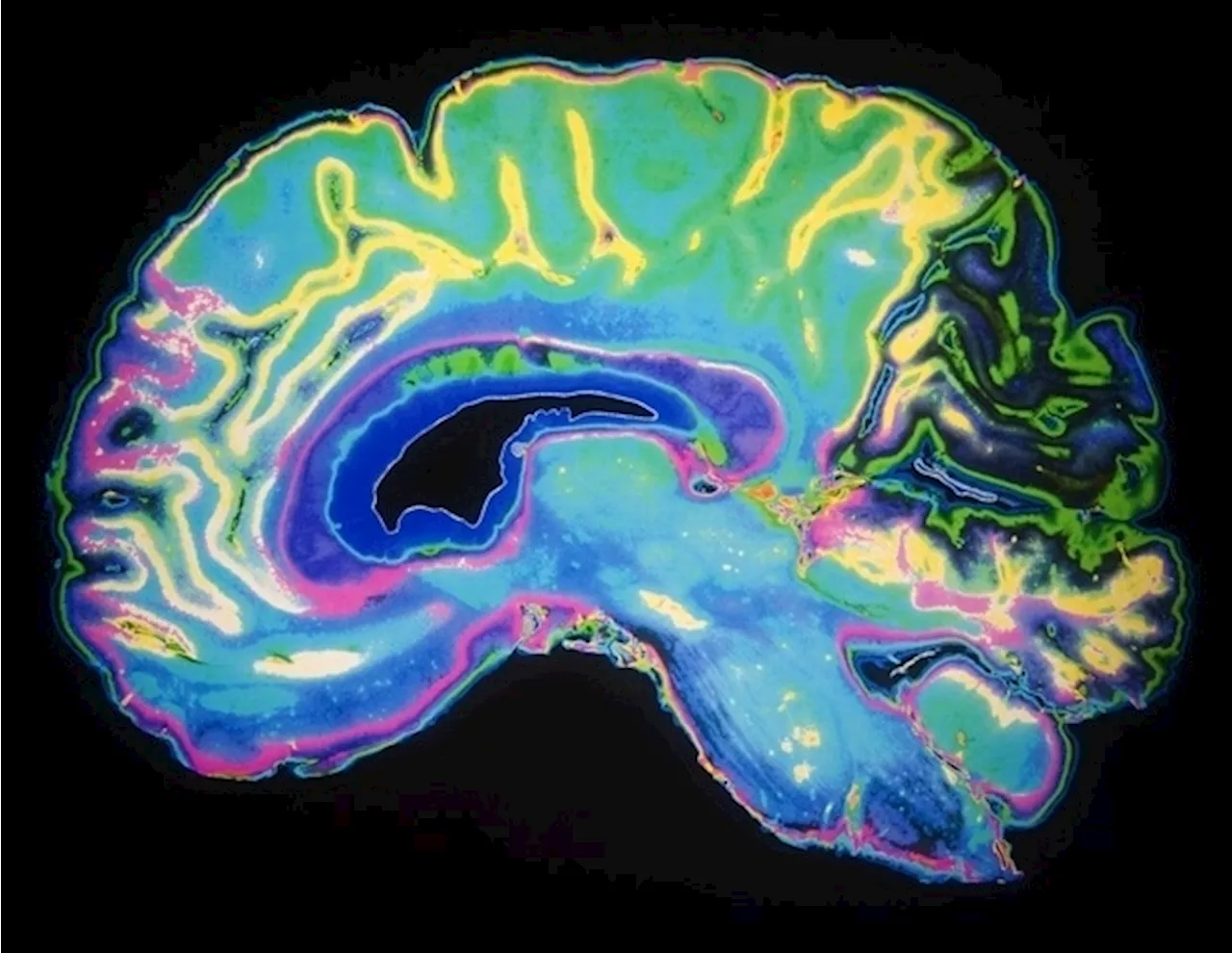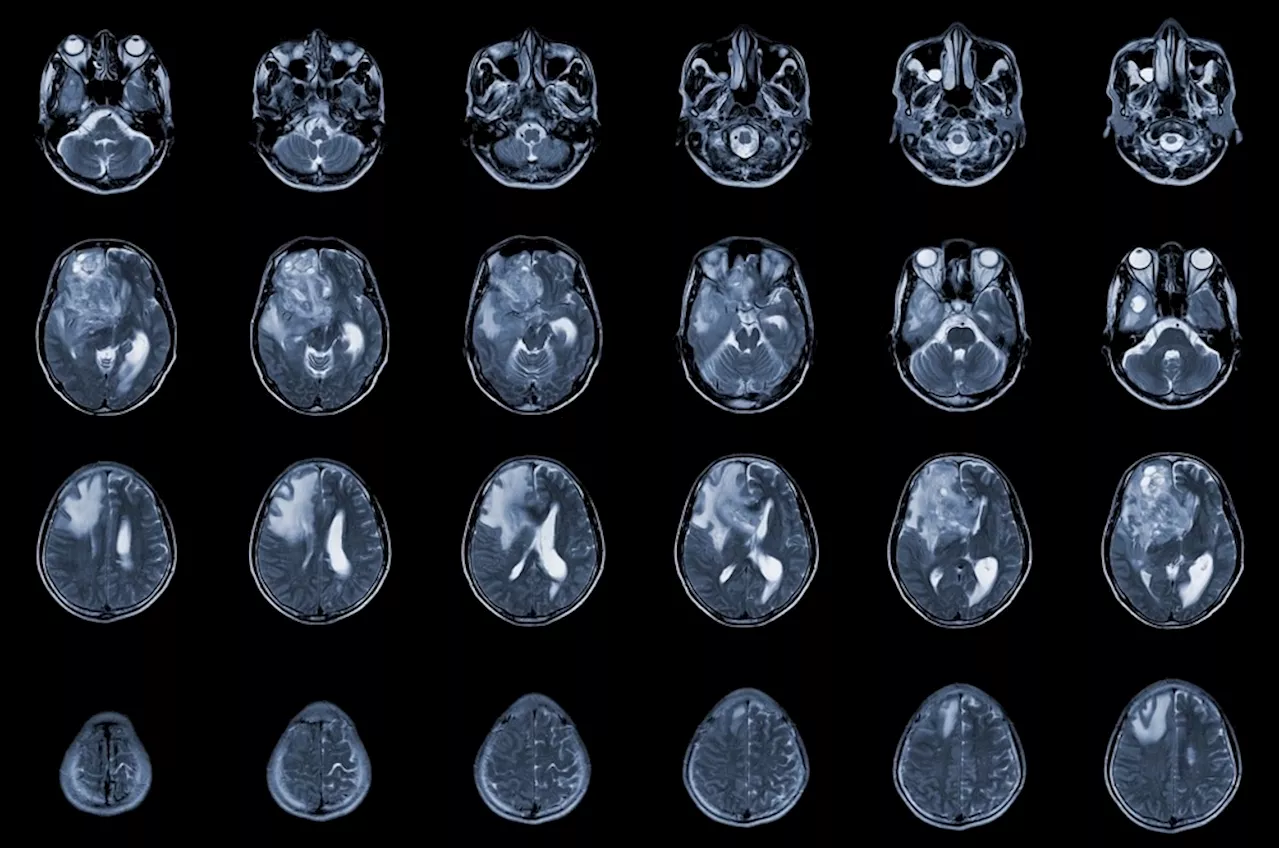A recent study from Simon Fraser University researchers reveals how damage to the thalamus, a brain region that regulates crucial functions, contributes to long-term disability after a stroke. Even though the thalamus itself wasn't directly damaged, researchers found it was affected months or years after a stroke, potentially leading to new therapies.
Simon Fraser UniversityDec 17 2024 A recent study from Simon Fraser University researchers has revealed how an overlooked type of indirect brain damage contributes to ongoing disability after a stroke.
Our findings suggest that indirect damage to the thalamus plays an important and under-explored role in the abnormal brain activity and long-term disability that often follow stroke. But unlike the brain tissue that dies due to direct damage from the stroke lesion, the thalamus appears to be disrupted but still somewhat intact, offering some hope that new treatments could promote recovery by restoring its function, or preventing its disruption in the first place.
For the study, researchers recorded the brain activity from 18 chronic stroke patients and used computer models to understand how this brain activity reflects abnormal thalamus function when compared to healthy individuals. Johnston explains that the thalamus communicates widely with the rest of the brain via many long connections, called axons, which makes it susceptible to indirect damage. When axons are injured by stroke in other regions of the brain, the damage can travel along the cell and damage neurons in the thalamus, causing its function to be impaired.
STROKE BRAIN DAMAGE THALAMUS DISABILITY RECOVERY
United Kingdom Latest News, United Kingdom Headlines
Similar News:You can also read news stories similar to this one that we have collected from other news sources.
 Soccer heading may cause long-term brain damageSoccer heading may cause more damage to the brain than previously thought, according to a study being presented next week at the annual meeting of the Radiological Society of North America (RSNA).
Soccer heading may cause long-term brain damageSoccer heading may cause more damage to the brain than previously thought, according to a study being presented next week at the annual meeting of the Radiological Society of North America (RSNA).
Read more »
 Heading footballs 'may cause more damage to the brain than previously thought'A new US study into repeated head impacts for footballers comes amid a campaign to ban heading from the game in Scotland.
Heading footballs 'may cause more damage to the brain than previously thought'A new US study into repeated head impacts for footballers comes amid a campaign to ban heading from the game in Scotland.
Read more »
 Small brain-penetrating molecule offers hope for treating aggressive brain tumorsGliocidin selectively kills glioblastoma cells by inhibiting nucleotide synthesis, showing potential as a therapeutic option in combination with temozolomide.
Small brain-penetrating molecule offers hope for treating aggressive brain tumorsGliocidin selectively kills glioblastoma cells by inhibiting nucleotide synthesis, showing potential as a therapeutic option in combination with temozolomide.
Read more »
 When Olivia, 5, was sick I just blamed the weather, but it was cancer and now we’re making precious C...Brain Tumour facts: 10 things you should know about brain tumours
When Olivia, 5, was sick I just blamed the weather, but it was cancer and now we’re making precious C...Brain Tumour facts: 10 things you should know about brain tumours
Read more »
 My sister felt a ‘worm in her brain’ but it was shrugged off – she was living with a killer condition that...Brain Tumour facts: 10 things you should know about brain tumours
My sister felt a ‘worm in her brain’ but it was shrugged off – she was living with a killer condition that...Brain Tumour facts: 10 things you should know about brain tumours
Read more »
 Common brain network connected to heterogeneous patterns of brain atrophy in schizophreniaA new study led by investigators from Mass General Brigham has identified a unique brain network that links varied patterns of brain atrophy, or shrinkage, associated with schizophrenia.
Common brain network connected to heterogeneous patterns of brain atrophy in schizophreniaA new study led by investigators from Mass General Brigham has identified a unique brain network that links varied patterns of brain atrophy, or shrinkage, associated with schizophrenia.
Read more »
